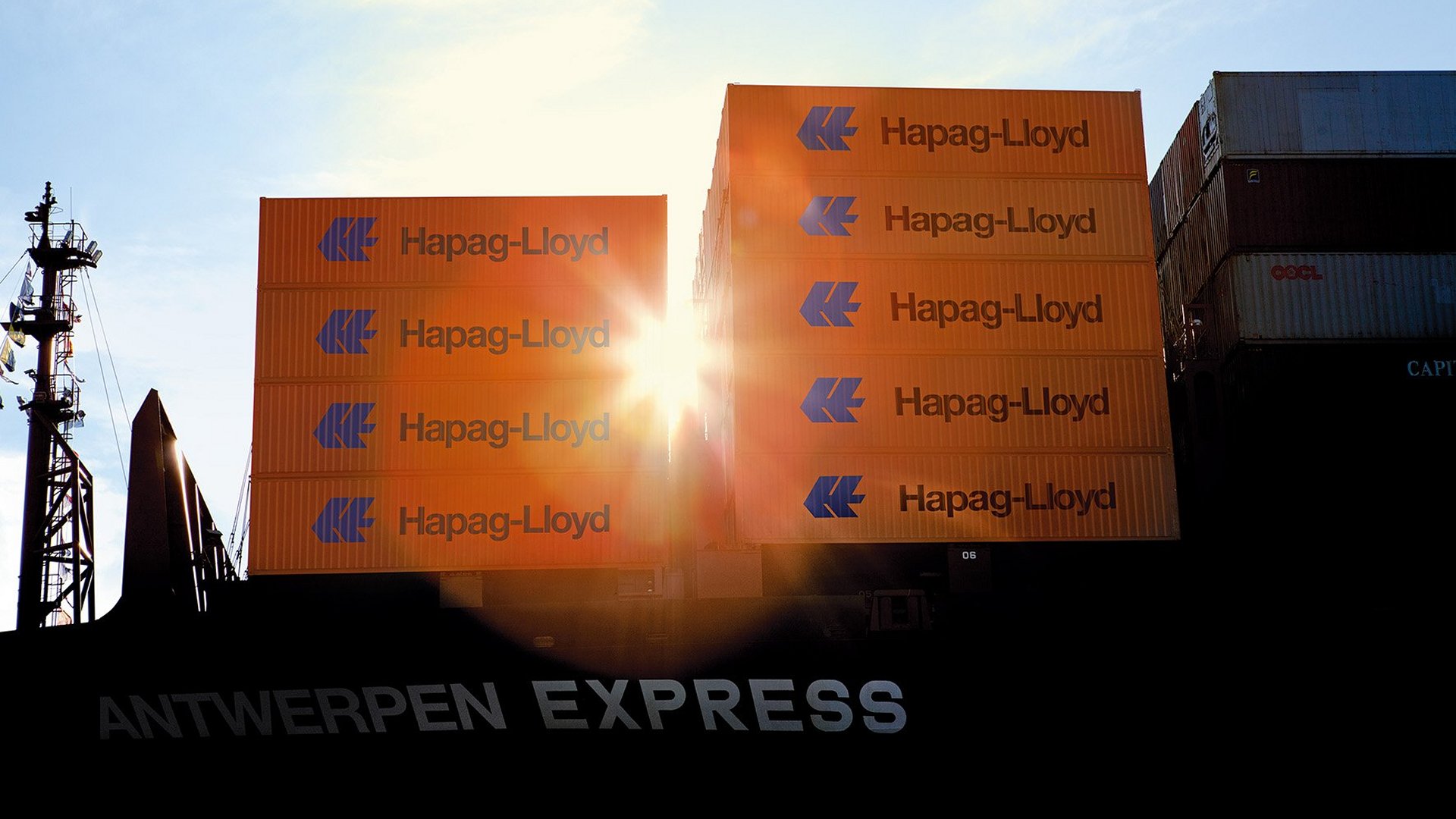ExxonMobil starts Hapag ARA biofuel deliveries
Deal to supply B30 marine bio fuel oil with bio-component made from waste-based FAME.
ExxonMobil has begun supplying Hapag-Lloyd with B30 marine bio fuel oil in the Amsterdam-Rotterdam-Antwerp (ARA) region following the completion of a signed agreement between both parties.
The supplier notes that it performed a biofuel delivery in ARA that was a 0.50% sulphur residual-based fuel (VLSFO) processed with waste-based fatty acid methyl esters (FAME).
The resulting blend is said to have met ISO 8217:2017 marine fuel specifications, with the FAME content complying with EN 14214 requirements and ISCC-certified 2nd generation, meaning that it does not compete for water and agricultural resources used for food production.
Compared with conventional petroleum-based VLSFO, ExxonMobil states that the fuel can deliver a well-to-wake CO2 emissions reduction of up to 87% for the bio-component, calculated on an energy basis using Energy Directive (2018/2001/EU Annex V) ('RED II') of the European Parliament and of the Council of the European Union — thus offering vessel operators a solution when looking to reduce the greenhouse gas emissions from their operations.
"We aim to have net-zero greenhouse gas emissions for our entire fleet by 2045 by using alternative fuels," said Jan Christensen, Senior Director, Global Fuel Purchasing, at Hapag-Lloyd. "Bunkering ExxonMobil's marine bio fuel oil blend is yet another step towards turning our commitment into a reality."
Aly Abdelmotaal, Regional Marine Marketing Manager, ExxonMobil, commented: "This agreement and delivery marks an important development for both ExxonMobil and our customers."
"By boosting our biofuel offer we can now further support the marine industry's commitment to reducing GHG emissions, in line with the International Maritime Organization’s (IMO) stated ambitions."
As previously reported, ExxonMobil completed its first trial of marine bio fuel oil in Rotterdam back in 2020, with trials carried out in cooperation with Stena Bulk.
And in August and September 2022, the supplier performed commercial trials of bio-based marine fuel in Singapore with a 0.50% sulphur residual-based fuel (VLSFO) processed with up to 25% waste-based FAME.

|
Swedish biomethane bunkered in Gothenburg
Test delivery performed by St1 and St1 Biokraft, who aim to become large-scale suppliers. |
|
|
|
||

|
Cockett to be closed down after 45 years
End of an era as shareholders make decision based on 'non-core nature' of Cockett's business. |
|
|
|
||

|
Petrobras confirms prompt availability of VLS B24 at Rio Grande
Lead time for barge deliveries currently five days. |
|
|
|
||

|
IMO approves pricing mechanism based on GHG intensity thresholds
Charges to be levied on ships that do not meet yearly GHG fuel intensity reduction targets. |
|
|
|
||

|
VARO Energy expands renewable portfolio with Preem acquisition
All-cash transaction expected to complete in the latter half of 2025. |
|
|
|
||

|
NYK trials biofuel in milestone coal carrier test
Vessel is used to test biofuel for domestic utility company. |
|
|
|
||

|
H-Line Shipping orders LNG bunkering vessel
Vessel with 18,000-cbm capacity to run on both LNG and MDO. |
|
|
|
||

|
How to engineer and manage green shipping fuels | Stanley George, VPS
Effective management strategies and insights for evolving fuel use. |
|
|
|
||

|
Swedish government bans scrubber wastewater discharges
Discharges from open-loop scrubbers to be prohibited in Swedish waters from July 2025. |
|
|
|
||

|
MAN Energy Solutions achieves 100% load milestone for ammonia engine
Latest tests validate fuel injection system throughout the entire load curve. |
|
|
|
||
Related Links
- · ExxonMobil performs biofuel test deliveries in Singapore [Insights]
- · ExxonMobil completes trial of its first bio fuel oil [Insights]
- · Belgium [Directory]
- · Netherlands [Directory]
- · Amsterdam [Directory]
- · Rotterdam [Directory]
- · Antwerp [Directory]

